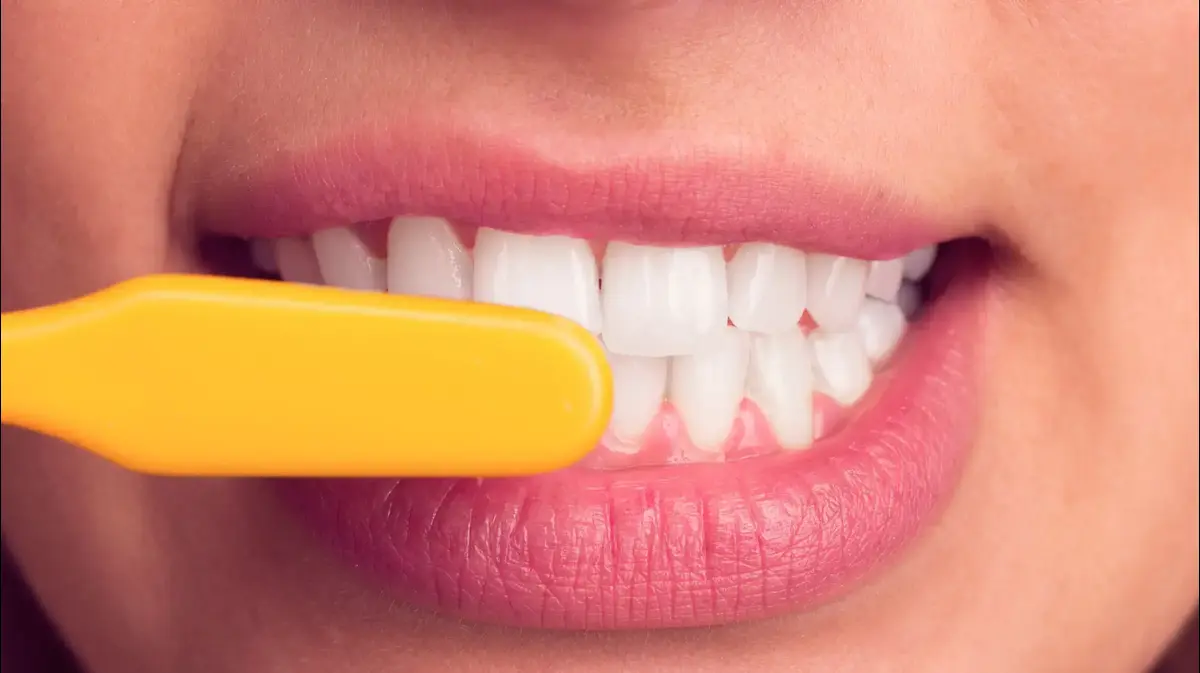Five things you may not have known about the brain ("must miss" system)
Smartphones have long since changed the way we communicate, think and behave in almost every aspect of our lives.
Therefore, it makes sense that scientists from all over the world are constantly trying to understand how deep this effect is, and what are its positive and negative consequences for the health of all of us.
Most of the time, we hear about the negative effects of smartphones, and this time we will also tell you about some of the most worrying of them, but it is important to understand that our phones are a tool that can also be of great use and even, as we will understand later, improve brain health.
Let's start with the bad news.
Last September, a study was published in the British Journal of Psychology that found an alarming link between increased smartphone use and brain damage.
According to the study, when we often check the smartphone during the day, it can indicate poor cognitive function.
According to the researchers, frequent use of the phone during the day may lead to a "cognitive load" that is manifested, among other things, in a decrease in attention and concentration abilities and memory problems.
In addition, not surprisingly, the researchers found that prolonged use of a smartphone impairs the ability to focus and complete tasks.
How many times a day do you check notifications?
A woman looks at a smartphone (Photo: ShutterStock)
However, in the current study, the experts discovered that this "cognitive damage" was not clearly related to any use of the mobile phone, but was mainly influenced by the frequency of checking it throughout the day and also by the way it was used.
Again, unsurprisingly, they found that the most obvious damage appeared in those who frequently checked the phone during the day and especially if they used it for shopping, entertainment or games.
What surprised the researchers was that those who used a cell phone for social interactions, or used specific tools, actually did not suffer from impairment in cognitive function and even showed improved abilities in some cases.
Calculator and maps actually help the brain?
One of the most well-worn sayings of recent years is that smartphones make people stupid, but that really doesn't have to be the case.
Our phones today give us access to all the information in the world and also to tools that help improve in almost every area of life.
In this context, PsyPost magazine quoted the words of Andrey Haranto, a psychology lecturer at the University of Singapore, who authored the study we presented here: "Our findings show that certain types of smartphone use can temporarily benefit our cognitive function. For example, applications related to useful tools, such as a calculator or maps , can help people save cognitive resources and preserve them to consume performing other mental tasks."
More in Walla!
The child three hours a day on the smartphone?
This is what might happen
To the full article
Haranto adds that "this surprising finding highlights the complex relationship between smartphone use and brain function. A smartphone is a tool and just like any other tool, it requires us to be aware and smart when we use it. That way we can optimize its advantages and minimize its potential disadvantages."
However, in this context it is important to emphasize that there are experts who disagree with Rento's opinion and believe that even the apparently "useful" applications may cause harm.
For example, in a study published last January in the journal PLOS ONE, they found that people with developed navigation abilities suffer less from degenerative diseases such as Alzheimer's.
You can use it, but do it wisely.
Young people on mobile (Photo: ShutterStock)
Dr. Jennifer Hayes, a brain health expert from McMaster University and who led the study, said in this context that in her view, people who rely more on navigation apps and less on their own abilities may suffer from this in the long run. "In modern life, we don't always get the the cognitive and physical challenges that the brain needs to develop," she wrote in a press release.
In general, it is important to remember that the more we challenge the brain with "real" and non-virtual cognitive tasks and stimuli, the greater the chance that this important organ will remain healthy and sharp over time. When we rely on external aids In order to function, whether technological means, chemicals or habits that make us function "on automatic", we become lazier, impair mental flexibility and may, over time, cause the brain to degenerate.
health
news
Tags
brain
smartphone







